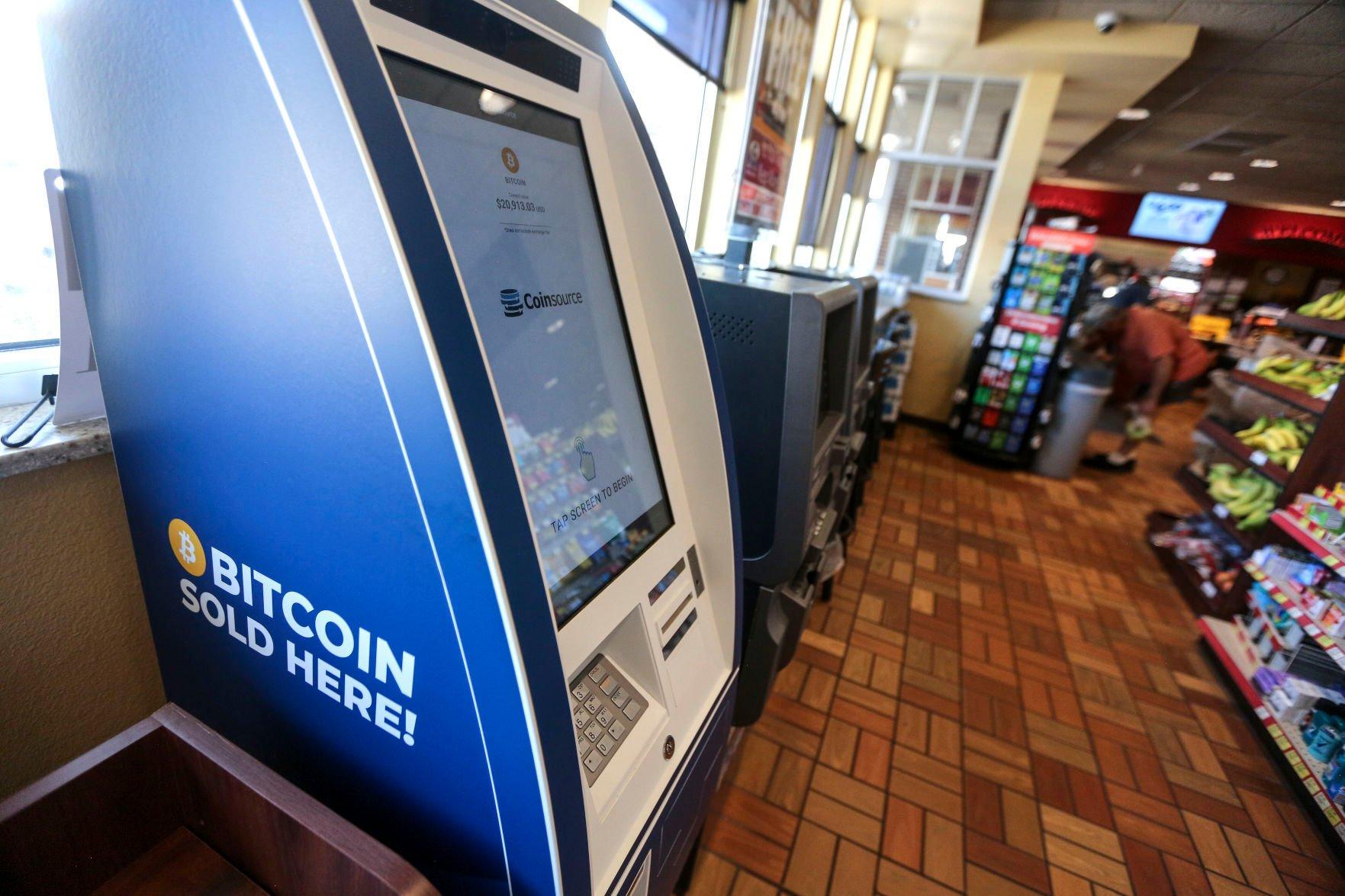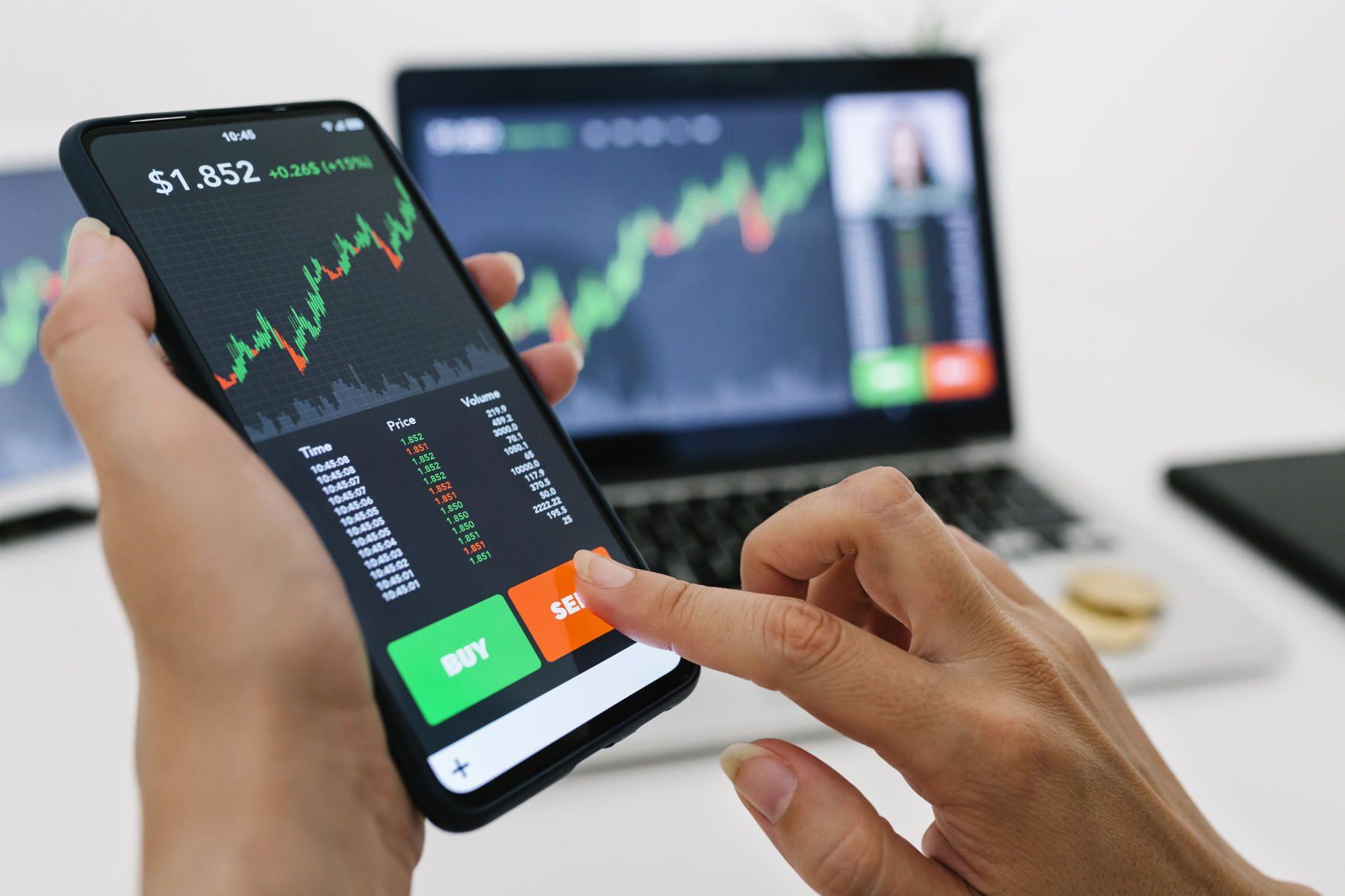Top 10 cryptocurrencies
Bitcoin
Ethereum
Ripple
Litecoin
Bitcoin Cash
Cardano
Stellar
NEO
IOTA
EOS
Source:zenledger.io
Digital security: How to prevent cryptocurrency trading fraud
Because cryptocurrency buying and trading is done online, scams and fraud have become issues. To prevent fraud and your data from falling into the hands of hackers and cyber thieves, it’s wise to adopt digital security measures.
Know digital security measures
In addition to general recommendations such as not opening suspicious emails, not downloading files with dubious provenance and creating strong passwords for your accounts, there are other actions you can take.
Have an antivirus
Having a good protection program is essential so that, if you download a compromised file, it is possible to eliminate it before it goes through your data.
Access pages with security certificate
When accessing websites, check the left corner of the URL for a padlock. It indicates that your data is protected.
Do not provide data to any website
Even though the navigation is safe, when it comes to making monetary transactions it is necessary to check if that site is really trustworthy.
Cautions when buying cryptocurrencies
Digital security is an essential point for those who trade in cryptocurrencies. All the movement is done over the Internet and there are scams targeting investors. There are two important actions to avoid fraud:
Buy and sell through a broker: The exchange will ensure that the transaction is carried out in a valid and secure manner, avoiding the acquisition of worthless coins or making a false sale.
Wallet: Choosing a good cryptocurrency wallet prevents hackers from invading. It works through software installed on the machine and stores your investment data.
Source: cryptocurrencynewsdaily.com
Key cryptocurrency statistics
• Between 2012 and 2021, the price of Bitcoin increased by over 540,000%.
• 300+ million people around the world use/own cryptocurrencies in 2021.
• The global crypto market cap is $2.17 trillion as of December 17th, 2021.
• Approximately $112 billion is traded in cryptocurrency per day.
• 65% of cryptocurrency users are bitcoin owners.
• $22 invested in Bitcoin in 2012 would be $1 million today.
• The top 10 cryptocurrencies make up 88% of the total market value.
• There are more than 6,000 different types of cryptocurrency.
• Bitcoin is posted about on social media every 3 seconds.
• The global blockchain market will reach $23.3 billion by 2023.
• India has more cryptocurrency holders than any other country – more than 100 million.
• Bitcoin had a market capitalization of $1,072.21 billion as of February 21st, 2021.
• 18,000 businesses are already accepting cryptocurrency payments.
Source: buybitcoinworldwide.com
An abbreviated glossary of cryptocurrency terms
Address: Similar to a postal or an email address. When you buy or receive crypto as part of a trade it comes to the address you determine. For added security, addresses should be changed for each transaction.
Blockchain: is a record of time-stamped series of data that immutable and managed by network of computers and not a single centralized system.
Mining: how crypto transactions are confirmed and how new bitcoins and other coins are created.
Private key: A long code unique to each wallet that makes sure a user is the only one spending their crypto. The private key is the literal key to the crypto funds and it’s important to keep the key in a safe place that’s not connected to the Internet.
Public key: This code is encrypted and shortened to create the addresses you use when making transactions. The double layer of public keys on top of private keys helps make crypto networks secure.
Wallet: Protects your keys, facilitates sending and receiving coins, and allow users to check current balances. The four main types of wallets, listed in order from least to most safe are: online, mobile, desktop, and hardware.
Source and additional terms: https://blog.invity.io/cryptocurrency-terms-to-know-for-beginners/
By now most business people have heard of cryptocurrency, though many would admit they don’t fully understand it.
Cryptocurrency, a digital alternative for money, has changed the global monetary system. Cryptocurrency became available in 2009 during the global financial crisis. During the past 13 years, it has grown to more than 5,000 types of coins.
Bitcoin, the original cryptocurrency, continues to be the number one digital currency. Money.com estimates there are about 18.5 million bitcoins in circulation. Crypto market capitalization, which is the total value of a cryptocurrency, limits the number of bitcoin in circulation to 21 million.
While stock market capitalization is calculated by multiplying share price times shares outstanding, the cryptocurrency market capitalization is calculated by multiplying the price of the crypto with the number of coins in circulation.
Cryptocurrency has its own jargon and new terms are frequently “coined.”
For example: Bitcoin is the term for the first digital currency. The lowercase bitcoin refers to tokens, the units that hold value and are traded on the Bitcoin network. Check out the crypto glossary for more jargon.
Crypto ATMS
The Digital Mint, a Chicago-based crypto ATM company, was launched in 2014 by co-founders Marc Grens and Jonathan Solomon.
Bitcoin can be bought and sold at the 1,100 Digital Mint ATMs throughout the country. The Dubuque Digital Mint ATM is located in the EZ Money store on Pennsylvania Avenue.
“We’ve partnered with EZ Money since 2018, which makes crypto transactions quick and easy,” Grens said.
A government issued ID is required to use a Digital Mint ATM for security purposes. Solomon said that the advantages of using a digital ATM are speed, unchained transactions and they are accessible for people who are unbanked or underbanked.
“There’s a utility of using the ATM. Customers can move money around in ways they haven’t been able to in the past,” Solomon said.
Crypto fraud
As an evolving commodity, cryptocurrency has become a target for scammers. According to CNBC, scammers took home a record $14 billion in cryptocurrency in 2021.
“More than $2.8 billion of this total came from a relatively new but very popular type of scheme known as a ‘rug pull,’ in which developers build what appear to be legitimate cryptocurrency projects, before ultimately taking investors’ money and disappearing,” the article, dated Jan. 8, 2022, stated.
The Digital Mint is a founding member of the Cryptocurrency Compliance Cooperative, which advocated for the crypto industry to establish universally accepted consumer protection standards. The cooperative has returned more than $3.5 million from crypto fraud to their users.
Grens said that Digital Mint investigated where some crypto transactions ended up and realized that digital ATMs can be havens for those who are scamming an individual in the U.S. to send funds outside of U.S. borders, which allows them to claim the money and get full control over it.
“Crypto is just a new medium that crime is happening in and we have real data that it is happening. And we want to work together to stop it,” Grens said.
One suggestion that Grens would like to see is that companies not allow transactions up to $900 with only a phone number.
Businesses that accept crypto
Many large corporations have begun to accept crypto currency for payment, including AT&T, Overstock, some fast food chains, Microsoft and others.
Todd Link, chief risk officer at Dupaco Community Credit Union, said Dupaco continues to monitor the entire payments ecosystem for areas of opportunity.
“We have observed considerable interest in crypto as an investment for U.S. investors, but until the Federal Reserve offers a digital currency product pegged to the value of the U.S. dollar Dupaco is holding off on offering crypto.
“Some financial houses have begun offering crypto investing/trading services, while others plan to offer custody/safekeeping services for crypto. Dupaco Financial Services, our non NCUA insured investment division, does offer access to an investment fund that hold various cryptocurrencies in the portfolio,” Link said.
“Businesses should be quite careful before accepting crypto currency. The wide swings in value could mean a significant loss or gain by the time the cryptocurrency is sold for U.S. dollars. Being in the payments space for the past 20 plus years, I would not recommend any business today entertain nontraditional payment types when so many tried and true systems exist today,” Link said.
Crypto volatility
Unlike ordinary currency, cryptocurrency was not introduced by a country or government. It is a decentralized form of currency that ensures all users are equal and there is no monopoly of power. It’s a completely digital way to store value that allows secure and anonymous transactions.
The crypto industry thrives on performance based on speculation. Crypto investors make bets that bitcoin’s price will go up or down to make profits which causes a sudden increase or decrease in bitcoin’s price, which leads to volatility.
And while domestic financial markets have limited trading hours, cryptocurrency assets have unlimited trading hours. Crypto users can trade throughout the night, which can be a good or a bad thing as it depends on the self-control of the user.






